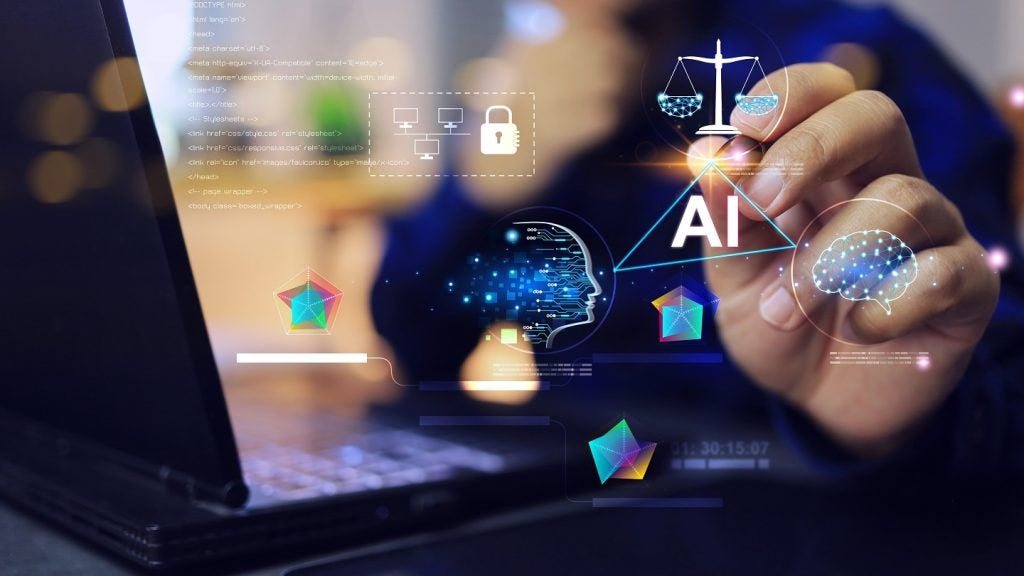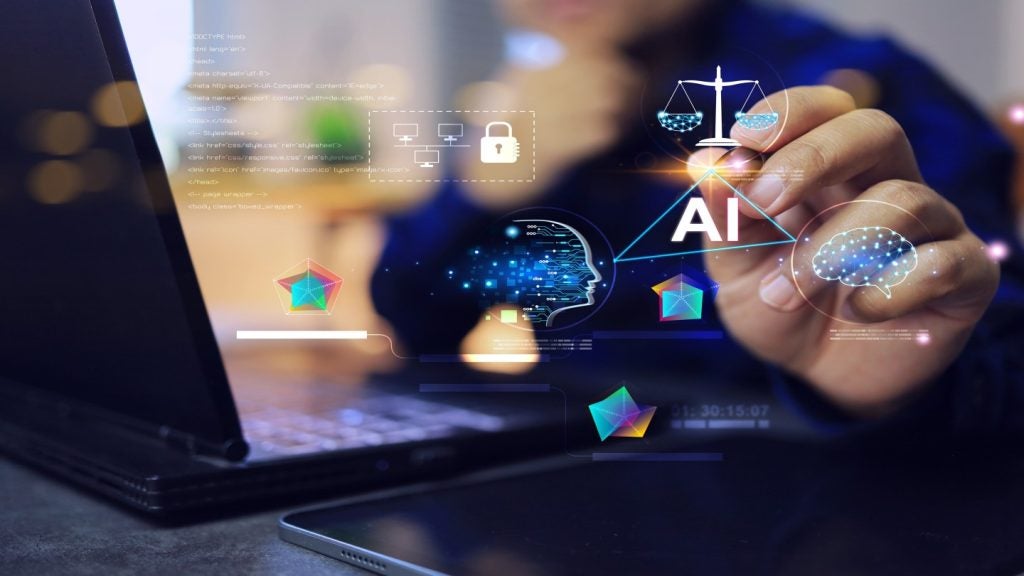
India’s largest online retailer Flipkart has raised $1.4bn in its latest round of funding, the largest capital infusion for any privately-held Indian internet venture.
The new funding, from the likes of Chinese company Tencent, Microsoft and eBay, values the unicorn at $11.6bn.
Speaking about the latest investment, Flipkart’s founders Sachin Bansal and Binny Bansal said:
We are delighted that Tencent, eBay and Microsoft – all innovation powerhouses – have chosen to partner with us on their India journey. We have chosen these partners based on their long histories of pioneering industries, and the unique expertise and insights each of them bring to Flipkart. This deal reaffirms our resolve to hasten the transformation of commerce in India through technology.”
Exciting this may be, but what is even more interesting is the startup’s decision to acquire eBay’s India division.
Welcome to the family Tencent, @eBay (@ebayindia) & @Microsoft! https://t.co/IS4awolYZq
How well do you really know your competitors?
Access the most comprehensive Company Profiles on the market, powered by GlobalData. Save hours of research. Gain competitive edge.
 Company Profile – free sample
Company Profile – free sampleThank you!
Your download email will arrive shortly
Not ready to buy yet? Download a free sample
We are confident about the unique quality of our Company Profiles. However, we want you to make the most beneficial decision for your business, so we offer a free sample that you can download by submitting the below form
By GlobalData— Flipkart (@Flipkart) April 10, 2017
According to a statement from Flipkart, eBay India will continue to operate as a separate entity from its new parent company.
As part of this agreement, the companies have signed an exclusive cross-border trade agreement, allowing Flipkart customers access to eBay’s global inventory and eBay shoppers can purchase from sellers on Flipkart.
Flipkart is celebrating its 10-year anniversary this year after it was founded by the two Indian Institutes of Technology Delhi graduates.
The unrelated duo were both working at the Amazon development centre in Bengaluru in 2007 before launching Flipkart with only $6,000 in initial capital.
Since then, tech companies including eBay, who is said to have invested around $500m in the startup, and investment funds such as Tiger Global, have helped fund the expansion of the company which has become India’s largest online retailer and one of its most successful startups.
The startup is believed to have acquired eBay India in an attempt to battle Amazon for the $16bn e-commerce industry in India.
The Seattle-based company recently allocated $5bn for expansion into the Indian market and wants to push its Prime subscriptions, including Prime Video and its grocery delivery service.







